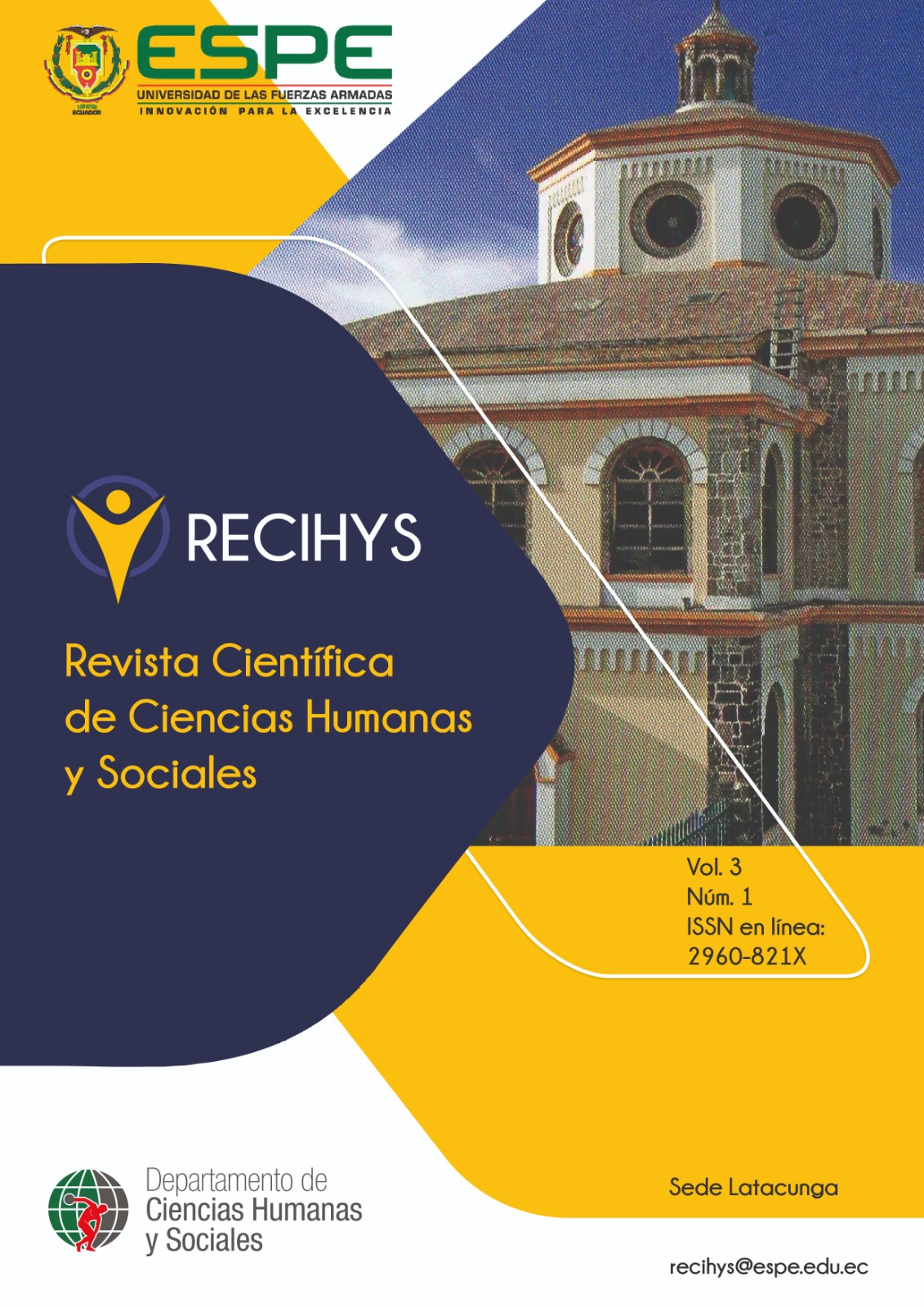Sustainable pedagogical models and their impact on the development of communicative skills in the English language.
Main Article Content
Abstract
English language proficiency is critical to students' academic and professional development. However, proficiency levels in Ecuador are low compared to other countries. By virtue of this, a study was carried out to determine the impact of sustainable pedagogical models on English language learning. The research was carried out on students of Basic General Education and Unified General Baccalaureate at Unidad Educativa Francisco, 144 students, 74 women and 70 men between the ages of 11 and 18 years were part of this study. To address this problem, the characteristics of effective pedagogical models for teaching English were analyzed, including the communicative approach, project-based learning, collaborative and cooperative method, experiential learning and use of sustainable and interactive teaching resources. In addition, a quantitative methodology with a correlational approach and an experimental research design were used. Additionally, a pre-test and post-test were applied. During each week, specific activities were carried out which had the objective of promoting the active practice of the language. The results revealed that the students had a significant improvement in speech skills. In addition, they corrected their pronunciation and increased their vocabulary in oral presentations and conversation activities and a higher level of motivation and commitment was observed on the part of the students. These findings highlight the effectiveness of sustainable pedagogical models to enhance English language learning in an educational environment, highlighting the importance of integrating practical and dynamic approaches.
Downloads
Article Details
Authors who publish in this journal agree to the following terms: Authors retain the copyright and guarantee the journal the right to be the first publication of the work, as well as, licensed under a Creative Commons Attribution License that allows others share the work with an acknowledgment of the authorship of the work and the initial publication in this journal. Authors may separately establish additional agreements for the non-exclusive distribution of the version of the work published in the journal (for example, placing it in an institutional repository or publishing it in a book), with acknowledgment of its initial publication in this journal. Authors are allowed and encouraged to disseminate their work electronically (for example, in institutional repositories or on their own website) before and during the submission process, as it may lead to productive exchanges as well as further citation earliest and oldest of published works.
How to Cite
References
Banks, J. A., y Banks, C. A. M. (2021). Handbook of Research on Teaching English Language Learners Through Collaborative Strategies. IGI Global.
Brown, H. D. (2007). *Teaching by Principles: An Interactive Approach to Language Pedagogy*. Pearson Education.
Dede, C. (2010). Comparing Frameworks for 21st Century Skills. In J. Bellanca & R. Brandt (Eds.), 21st Century Skills: Rethinking How Students Learn (pp. 51-76). Solution Tree Press.
Farrell, T. S. C. (2019). Language Education and Sustainability: A Focus on English. Routledge.
Gromik, N. A., & Hensiek, A. M., (2020). Sustainable Materials for Teaching English as an Additional Language. In B. Tomlinson (Ed.), Applied Linguistics and Materials Development (pp. 181-198). Routledge.
Johnson, D. W., Johnson, R. T., & Smith, K. A. (2014). Cooperative Learning: Improving University Instruction by Basing Practice on Validated Theory. Journal on Excellence in College Teaching, 25(3&4), 85–118.
Richards, J. C., & Rodgers, T. S. (2014). *Approaches and Methods in Language Teaching*. Cambridge University Press.
Stirling, J., y Rees, D. (2015). Sustainability in English Language Teaching. Palgrave Macmillan.
Tomlinson, C. A. (2001). How to Differentiate Instruction in Mixed-Ability Classrooms. ASCD.
Trilling, B., & Fadel, C. (2009). *21st Century Skills: Learning for Life in Our Times*. Jossey-Bass

